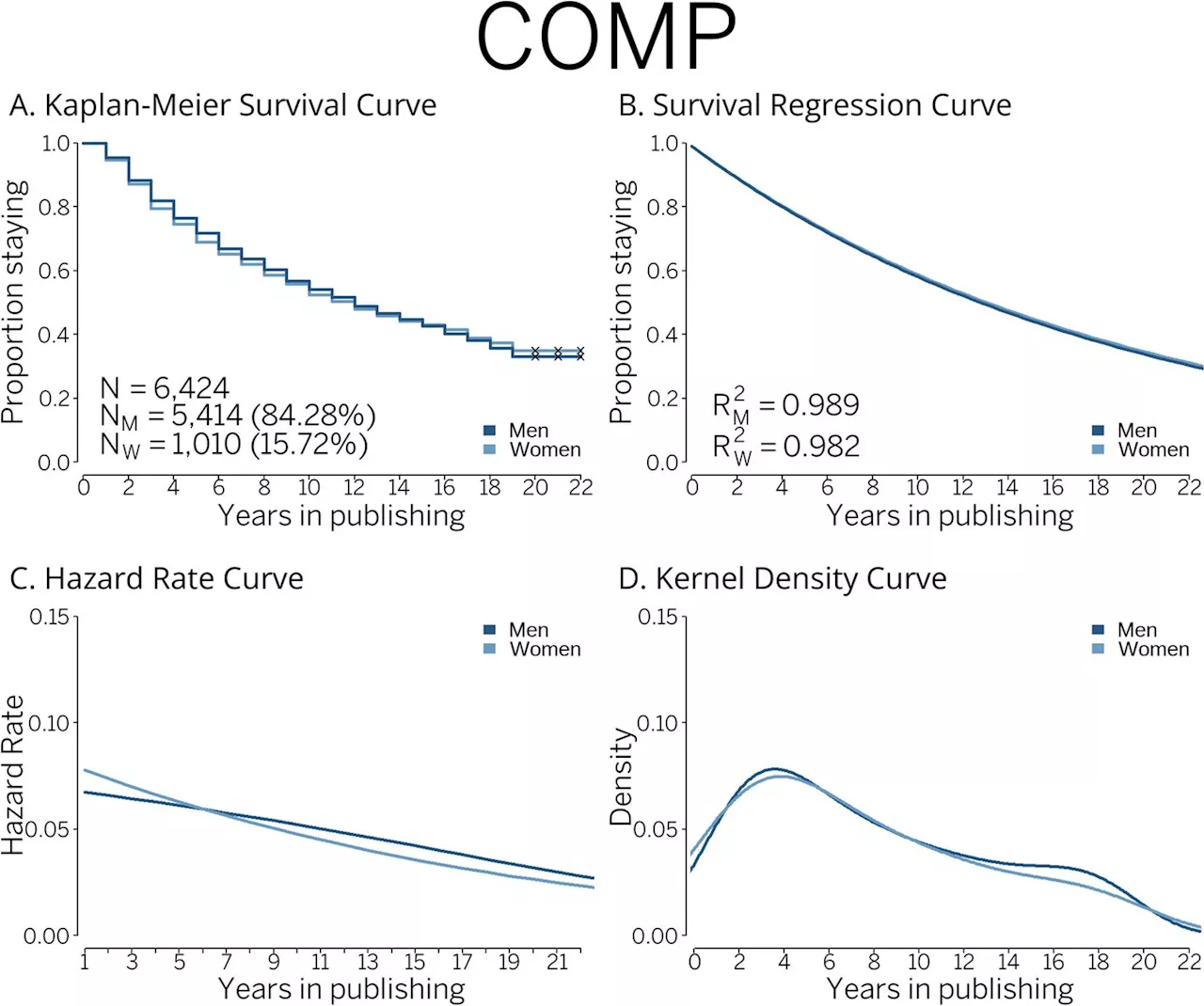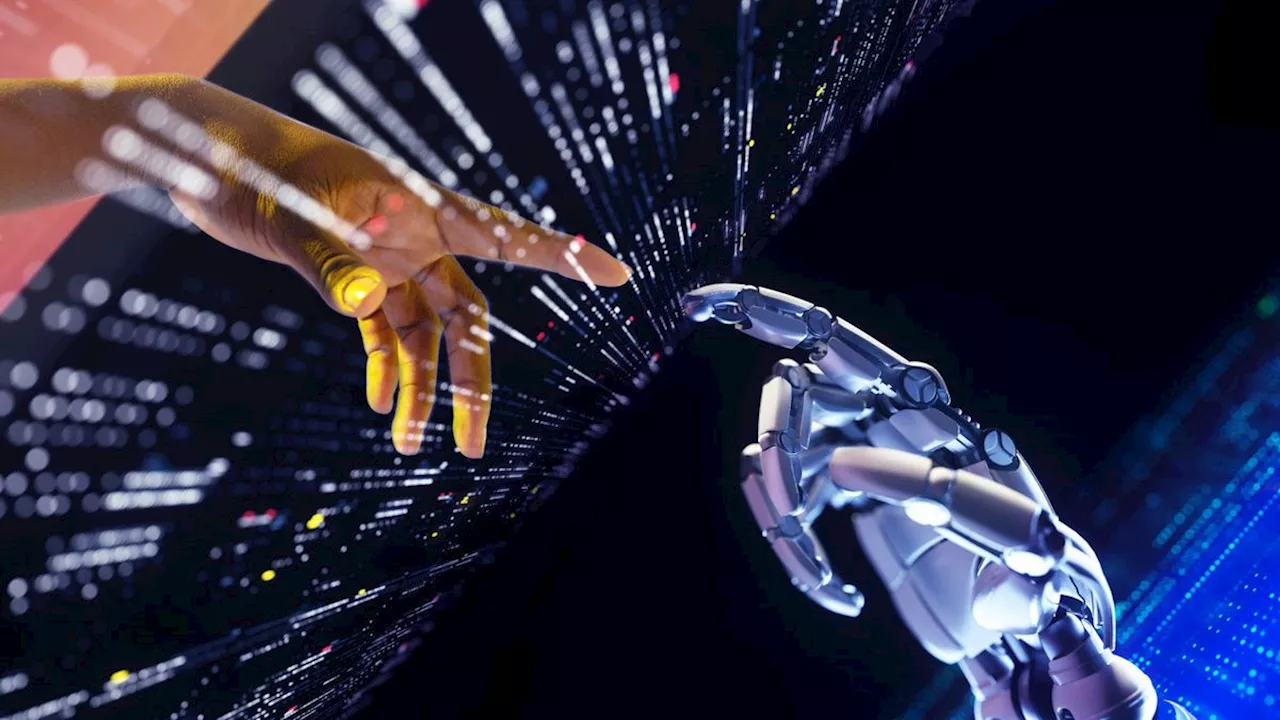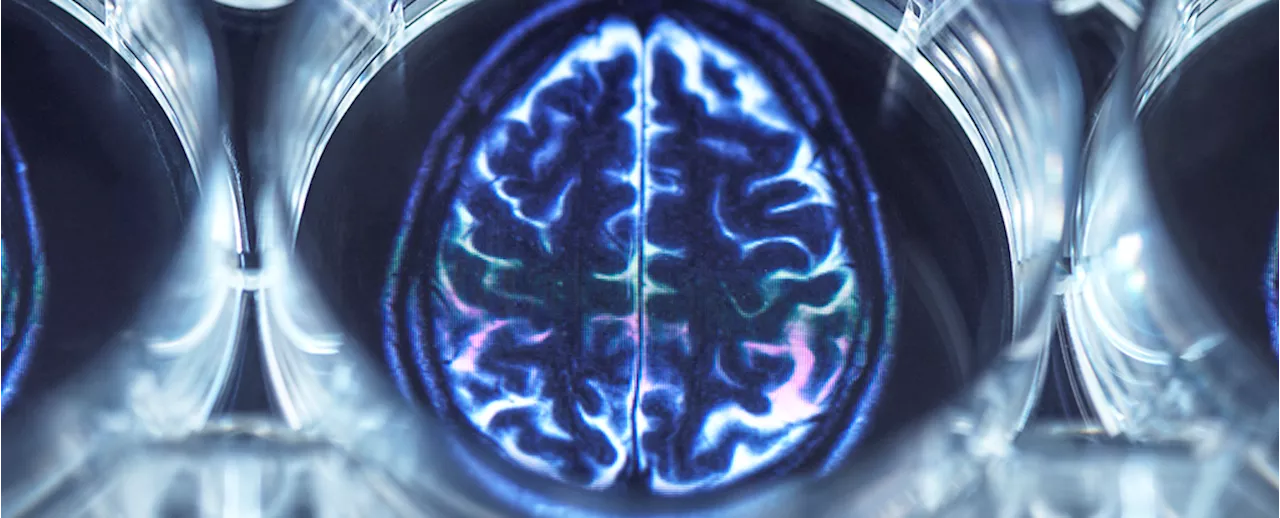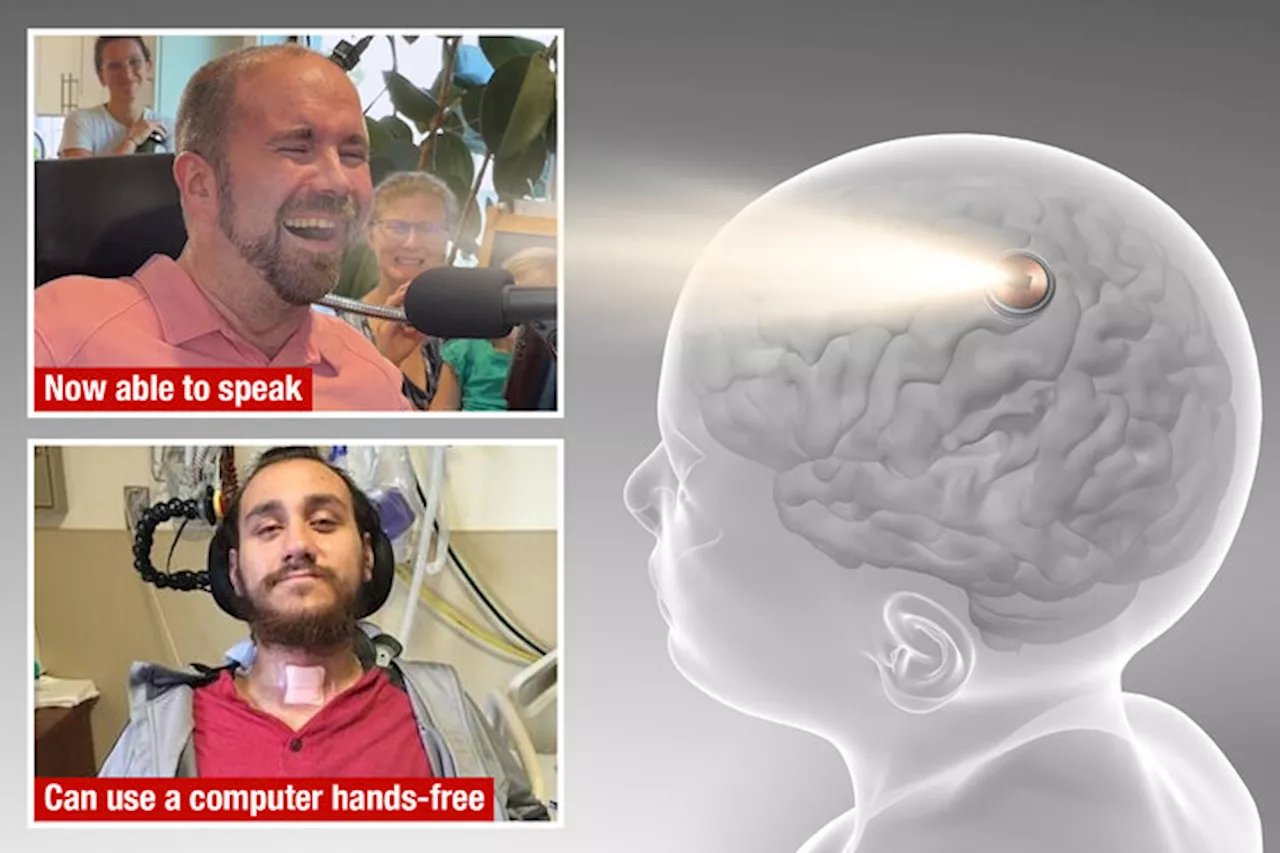Keumars is the technology editor at Live Science. He has written for a variety of publications including ITPro, The Week Digital, ComputerActive, The Independent, The Observer, Metro and TechRadar Pro. He has worked as a technology journalist for more than five years, having previously held the role of features editor with ITPro.
Scientists have designed a new set of tests that measure whether artificial intelligence agents can modify their own code and improve its capabilities without human instruction.
Any future AI that scores well on the 75 tests that comprise MLE-bench may be considered powerful enough to be an artificial general intelligence system — a hypothetical AI that is much smarter than humans — the scientists said. If AI agents learn to perform machine learning research tasks autonomously, it could have numerous positive impacts such as accelerating scientific progress in healthcare, climate science, and other domains, the scientists wrote in the paper. But, if left unchecked, it could lead to unmitigated disaster.
They added that any model that could solve a"large fraction" of MLE-bench can likely execute many open-ended machine learning tasks by itself.—'Their capacity to emulate human language and thought is immensely powerful': Far from ending the world, AI systems might actually save it
Philippines Latest News, Philippines Headlines
Similar News:You can also read news stories similar to this one that we have collected from other news sources.
 Disappearing scientists: Attrition and retention patterns of 2.1 million scientists in 38 OECD countriesResearch has been showing that women scientists continue to disappear from science at a significantly higher rate and in higher percentages than men. This is what social scientists have thought for decades—but this is no longer the case today, according to a study published in Higher Education.
Disappearing scientists: Attrition and retention patterns of 2.1 million scientists in 38 OECD countriesResearch has been showing that women scientists continue to disappear from science at a significantly higher rate and in higher percentages than men. This is what social scientists have thought for decades—but this is no longer the case today, according to a study published in Higher Education.
Read more »
 What is artificial general intelligence (AGI)?Keumars is the technology editor at Live Science. He has written for a variety of publications including ITPro, The Week Digital, ComputerActive, The Independent, The Observer, Metro and TechRadar Pro. He has worked as a technology journalist for more than five years, having previously held the role of features editor with ITPro.
What is artificial general intelligence (AGI)?Keumars is the technology editor at Live Science. He has written for a variety of publications including ITPro, The Week Digital, ComputerActive, The Independent, The Observer, Metro and TechRadar Pro. He has worked as a technology journalist for more than five years, having previously held the role of features editor with ITPro.
Read more »
 World's most powerful X-ray laser set for massive upgrade that will help us better understand the atomic worldRory Bathgate is a freelance writer for Live Science and Features and Multimedia Editor at ITPro, overseeing all in-depth content and case studies. Outside of his work for ITPro, Rory is keenly interested in how the tech world intersects with our fight against climate change.
World's most powerful X-ray laser set for massive upgrade that will help us better understand the atomic worldRory Bathgate is a freelance writer for Live Science and Features and Multimedia Editor at ITPro, overseeing all in-depth content and case studies. Outside of his work for ITPro, Rory is keenly interested in how the tech world intersects with our fight against climate change.
Read more »
 Google's Sycamore quantum computer chip can now outperform the fastest supercomputers, new study suggestsKeumars is the technology editor at Live Science. He has written for a variety of publications including ITPro, The Week Digital, ComputerActive, The Independent, The Observer, Metro and TechRadar Pro. He has worked as a technology journalist for more than five years, having previously held the role of features editor with ITPro.
Google's Sycamore quantum computer chip can now outperform the fastest supercomputers, new study suggestsKeumars is the technology editor at Live Science. He has written for a variety of publications including ITPro, The Week Digital, ComputerActive, The Independent, The Observer, Metro and TechRadar Pro. He has worked as a technology journalist for more than five years, having previously held the role of features editor with ITPro.
Read more »
 Scientists Discover a Brain Network Twice The Size in Depression PatientsThe Best in Science News and Amazing Breakthroughs
Scientists Discover a Brain Network Twice The Size in Depression PatientsThe Best in Science News and Amazing Breakthroughs
Read more »
 One day, we may all have brain chips to help remember where our keys are: scientistsCompanies like Elon Musk’s Neuralink and BrainGate2 aren’t just helping people with ALS or brain injuries to communicate — they are also poised to help all of us, eventually, with memor…
One day, we may all have brain chips to help remember where our keys are: scientistsCompanies like Elon Musk’s Neuralink and BrainGate2 aren’t just helping people with ALS or brain injuries to communicate — they are also poised to help all of us, eventually, with memor…
Read more »
